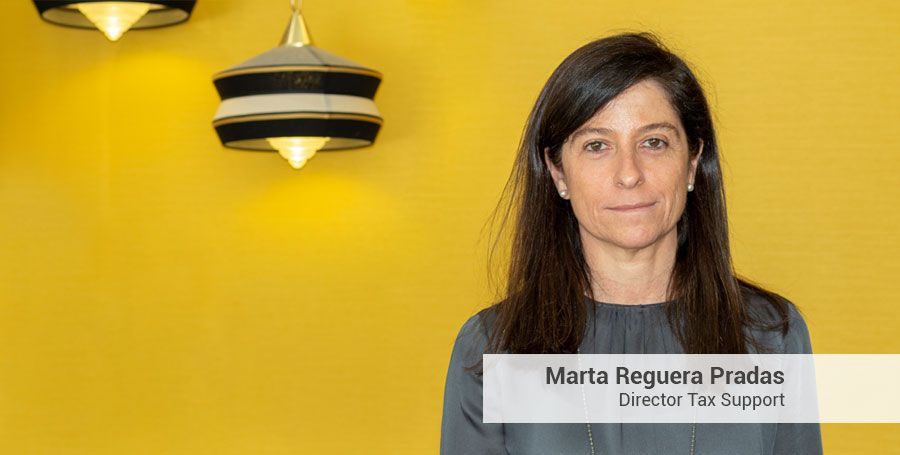This article was originally published in February 2019. Please note that some dates and information may have changed.
Barring an EU-sanctioned extension or stay by the United Kingdom Parliament, the United Kingdom will leave the EU on 29 March 2019. The tax implications of this “Brexit” must be considered, first by companies that have transactions with corporations in the United Kingdom, and also by English companies with business in Spain.
Beginning the day after the separation, from 30 March 2019, the United Kingdom would be considered an outside country, and therefore the current VAT regime would no longer apply.
Among others, there will be the following implications for the purposes of Value Added Tax, Special Taxes, Customs, and Foreign Trade.
- Acquisition or sales of goods shall be considered as imports or exports. In the case of imports, the VAT base must be increased with the corresponding customs duties, transport, purchase commissions, insurance and Special Taxes, where appropriate, which will be accrued at the time of importation. Exports are exempt. In the case of customs operations (imports or exports), they must have an EORI number. These operations will be applied to customs and para-customs controls, including sanitary and phytosanitary controls. They shall also be subject to all prohibitions and restrictions on imports and exports from non-EU countries.
- There will be no trilateral operations involving the United Kingdom.
- The VAT return scheme will be applied to British passengers for purchases in the European Union and purchases made by British passengers in duty free ports and airports will be exempt for VAT purposes.
- It will be necessary to identify the location, recipient and nature of the service provided.
- A resident tax representative must be appointed when a company is required to register for VAT in a Member State.
- The effective use of the Article 70, Dos LIVA rule should be applied, so certain services such as advisory, accounting, personnel assignment, auditing, etc., will be subject to VAT in Spain when its effective use is carried out in Spain, regardless of whether the firm is located in the United Kingdom.
- UK companies must apply for a refund of input VAT in Spain through the refund procedure for non-established companies. For that purpose, they must appoint a tax representative in Spain, provided that Spanish companies will be treated in the same way.
All information contained in this publication is up to date on 2019. This content has been prepared for general guidance on matters of interest only, and does not constitute professional advice. You should not act upon the information contained in this chart without obtaining specific professional advice. No representation or warranty (express or implied) is given as to the accuracy or completeness of the information contained in this content, and, to the extent permitted by law, AUXADI does not accept or assume any liability, responsibility or duty of care for any consequences of you or anyone else acting, or refraining to act, in reliance on the information contained in this chart or for any decision based on it.



